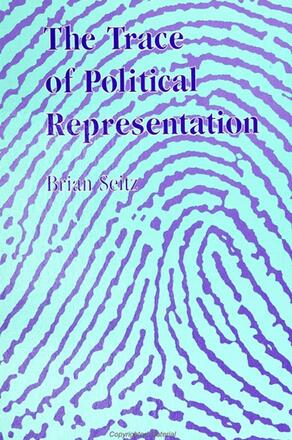
The Trace of Political Representation
Alternative formats available from:
A philosophical analysis of the discourses, practices, and effects of representation in political institutions, focusing on American democracy.
Description
The Trace of Political Representation is a philosophical analysis of the discourses, practices, and effects of representation in political institutions, with an ultimate interest in contemporary American democracy. The perspective governing its approach is derived largely from Foucault, and tempered by a range of contemporary philosophers, including Derrida, Pitkin, and Castoriadis.
Seitz explores and questions the traditional, metaphysical notion that what gets represented in the apparatuses and processes of representation is a political subject or identity (for example, will, opinion, interests) that exists fundamentally independent of and prior to that process. To accomplish this, he sketches out a historical articulation of several prominent formations of political representation from the past and then focuses on more contemporary political developments and dynamics, including the impact of "communications" technology and culture on the processes and institutions of representation.
Brian Seitz teaches in the philosophy department at Queens College in Flushing, New York. He is the coeditor of Eating Culture, the first in a series of cultural-studies anthologies, and is currently working on a book that examines the philosophical opposition between force and law.
Reviews
"Seitz's book is a very fine example of a genre that we can expect to see gaining ascendancy in the next few years—a kind of genealogy of certain key political concepts, in this case 'representation. ' As such, this work is at the cutting edge of a kind of politico-philosophical work that has its inspiration in Foucault, but is sustained by independent research. " — Robert Bernasconi, University of Memphis